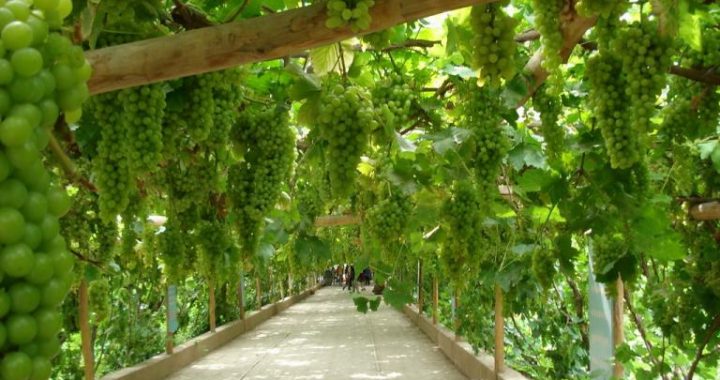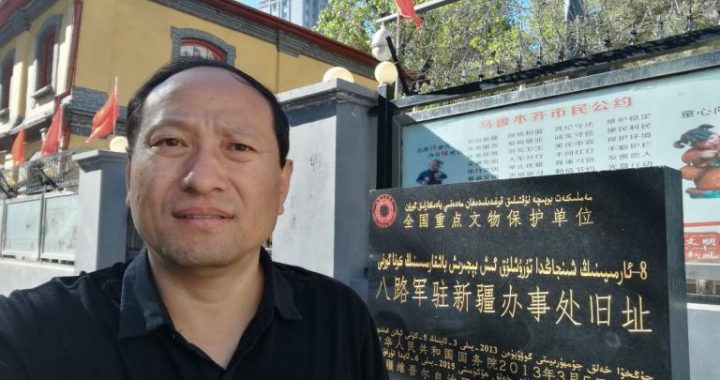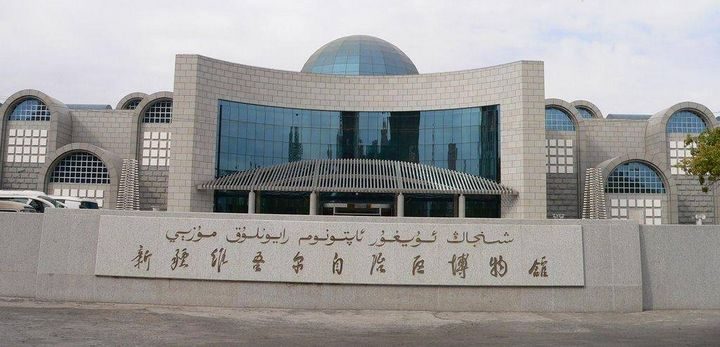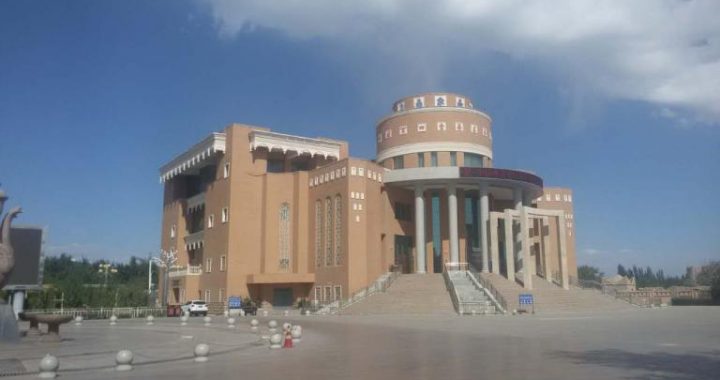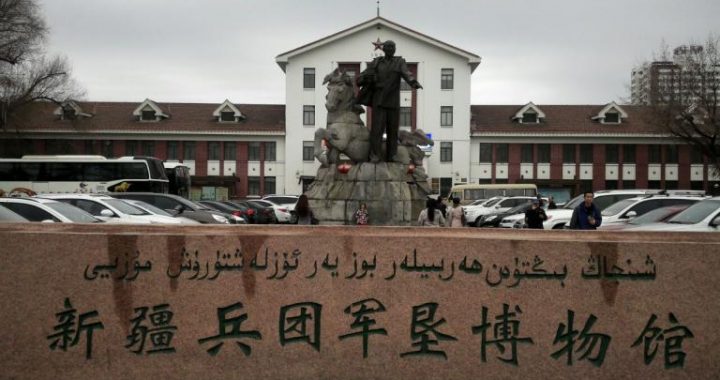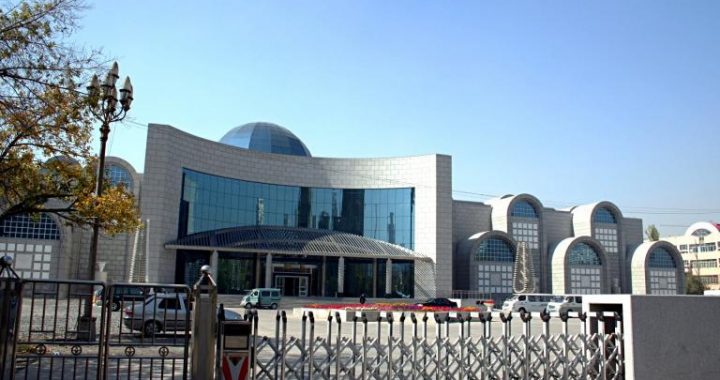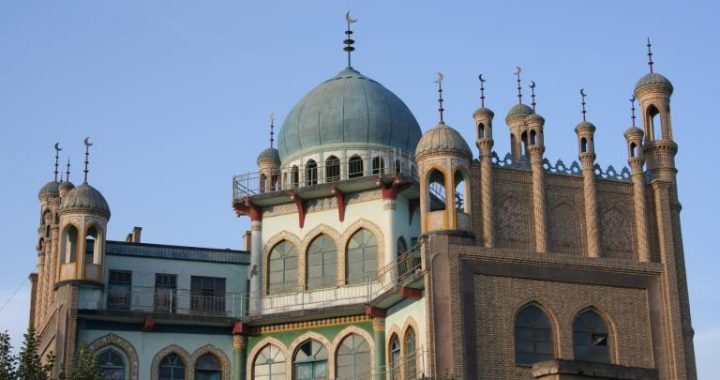Mutual assistance and Friendly Affection
4 min readThe ethnic minorities in Xinjiang always attach importance on etiquette and affection, so mutual assistance and friendly affection are the public good which people from every ethnic groupwill voluntarily observe he Uygur devote particular care to the harmony between the neighbors and when something happens to a family the other people will come to help When the food is ready the family will spare their neighbors some to have a taste. When one family has visitors such as a relative, a friend or a guest from afar, the neighbors usually invite him/her to their home in turn the public good of always being ready to help others is also expressed in the wedding and funeral ceremonies with all the neighbors come to condole when there is a funeral arrangement in one’s family; no matter which family holds a wedding or funeral ceremony, the neighbors will all voluntarily go help the family. When a family has a funeral arrangement or a baby is born in the family, the female relatives and friends as well as neighbors will send the family Tawak”(a full plate of steamed stuffed buns, hand pilafs, baked buns, etc or candy, pastry and so on).
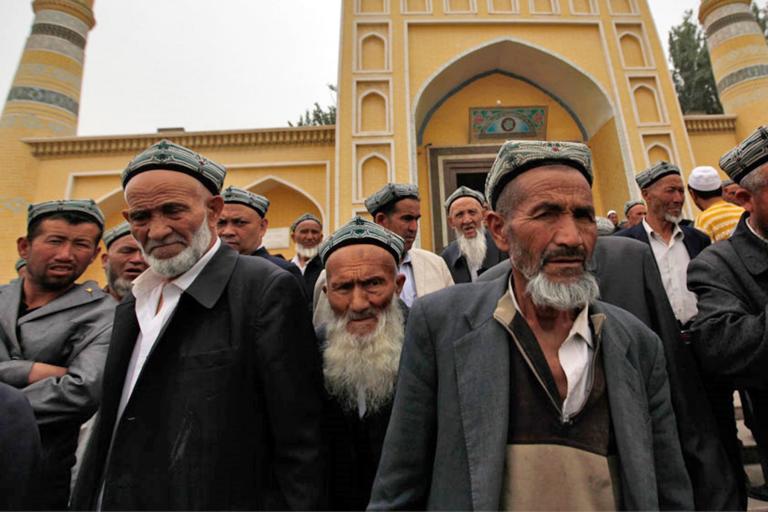
In pasturing areas, no matter people know each other or not, whatever ethnic group one belongs to and no matter people speak the same language or not, once one approaches to a Kazak yurt, the owner will give him a hand. A saying which is popular among the Kazak people goes like this: “There is no need to bring with you any food or money even you have to walk for a year as long as there are Kazak people all the way. The pasturing areas where the Kazak people have lived over a long period of time have small population in the vast land with scattered habitations here and there when herdsmen go out, the places where there are yurts will become the places for them to have a rest and seek temporary lodging, naturally avoiding hunger and coldness.
During the pasture transferring, if a Kazak family is encountered with disasters, all people in the same village will offer help and support to the family according to their own conditions. In the fully occupied season when people are busy with things such as pasture transferring, wool cutting, feltmaking, grass reaping and pen maintaining the families will help one another and one’s wedding and funeral are events which neighbors, relatives and friends must pay attention to.

The folk customs in the tajik villages is time-honored and unsophisticated and the mutual support among neighbors, relatives and friends is not only thepublic good but also a kind of social norm; the wedding and funeral events of a family are regarded as the events of all people in the village and when a family need to repair their house or dig a canal, the neighbors will gather to help the family regardless of the pay. the tajik people believe that it is their obligation to help people who pass through their houses and, simultaneously, they shall conversely receive help and treatment from other herdsmen Such mutual-aid customs is indispensable in the vast pasturing land on high mountains or in deep gullies with small population The autonomous county of Tashkorgan where the Tajik people live is known as”the place where one shall never lose anything”. People who live here all along treasure the traditional virtue of neither stealing anything norrobbing anyone they attach importance on loyalty to friends and are always trustworthy, never taking illegally gotten wealth, all along being scornful of and showing their hatred for the act of stealing in the extreme and considering the act of not pocketing the money found but returning it as a noble character. Herdsmen here need not lock their doors and there is only a felt curtain hanging on the door. When they go out, people don’t have to be worried about that their things in the house or clothes drying outside may betaken Once anything is found being left on the road, it will neither be taken nor be rummaged but is rounded by stones and specially marked so that the owner may quickly find the lost property when he/she comes back. If someone ntentionally move or roll over the thing, he/she may be regarded as treacherous and be cursed and blamed. It is said that there is a beautiful story happened in the place: a painter of Han ethnic grouparrived there on a business trip and carelessly left a pencil on the road which was picked up by a Tajik herdsman; the man waited on the side of the road for over 4 hoursbefore the painter came back and passed through the place, and then the pencil is given back to the owner After that, the painter said to whoever he met that Tashkorgan is a place where nothing will ever be lost and one will never lose a coin. In such a place where doors are unbolted at night”and”lost articles are always returned”live a group of highly vigilant people. The tajik people say ,”The grasslands are the heaven of sheep and cattle rather than the shelter of evil jackals and wolves. “Therefore if anyone intends to do something evil, there is a witness everywhere.

